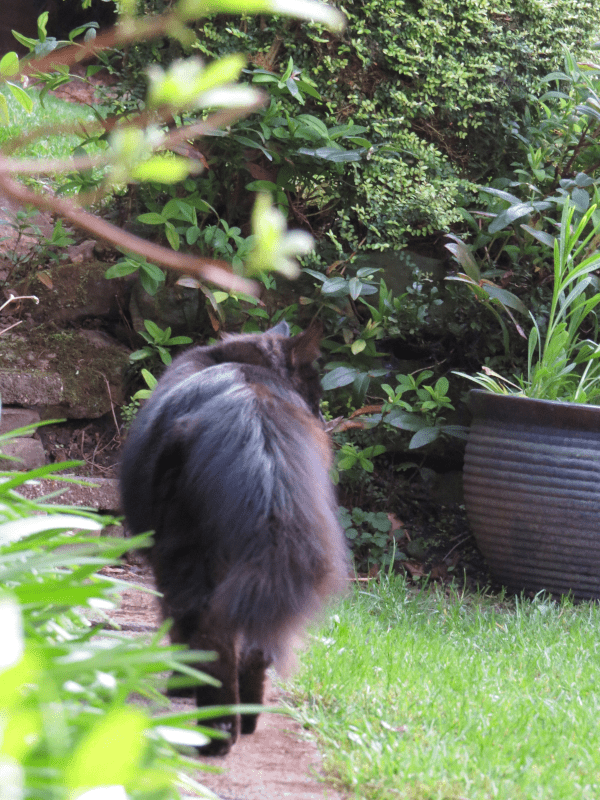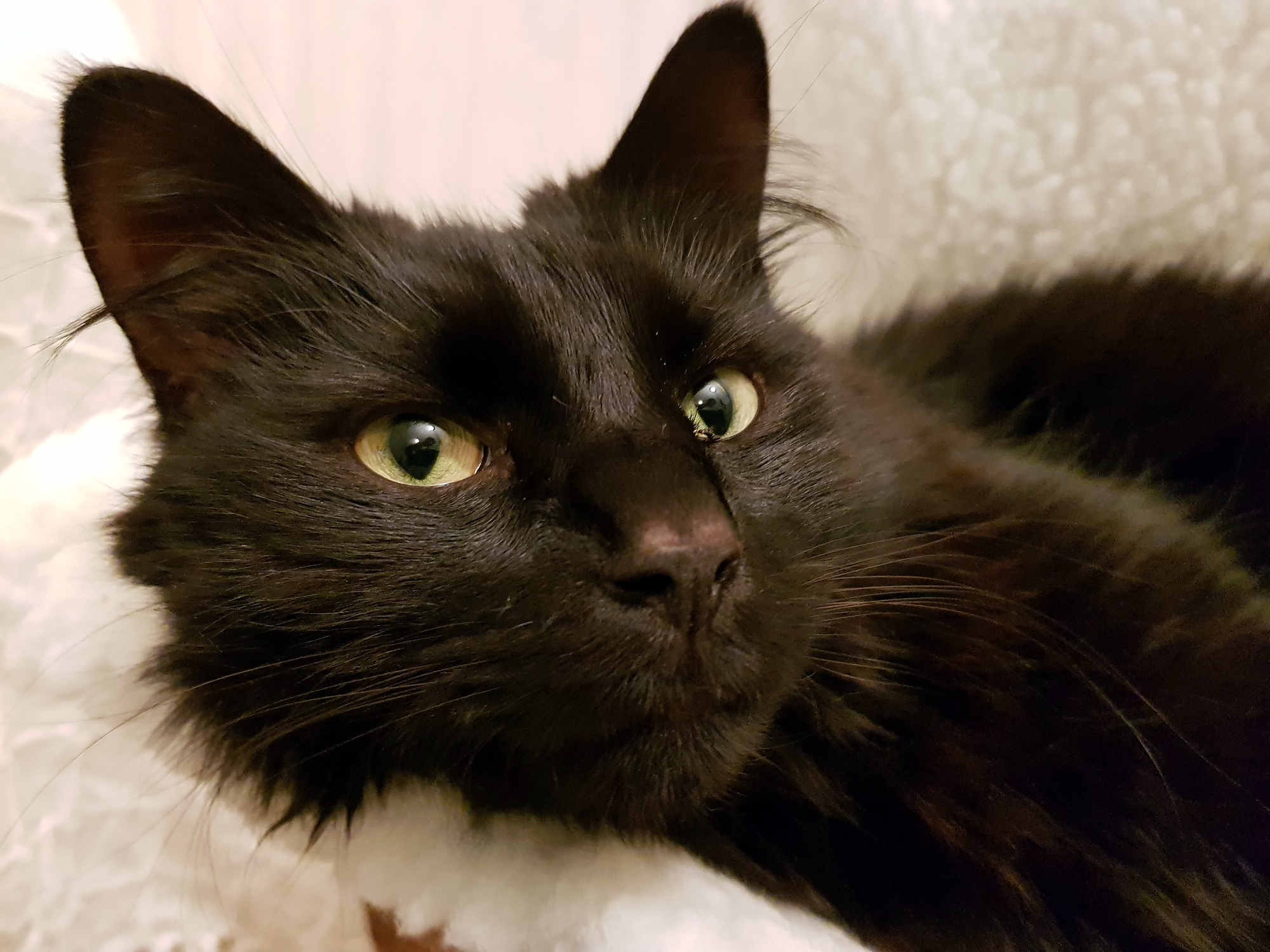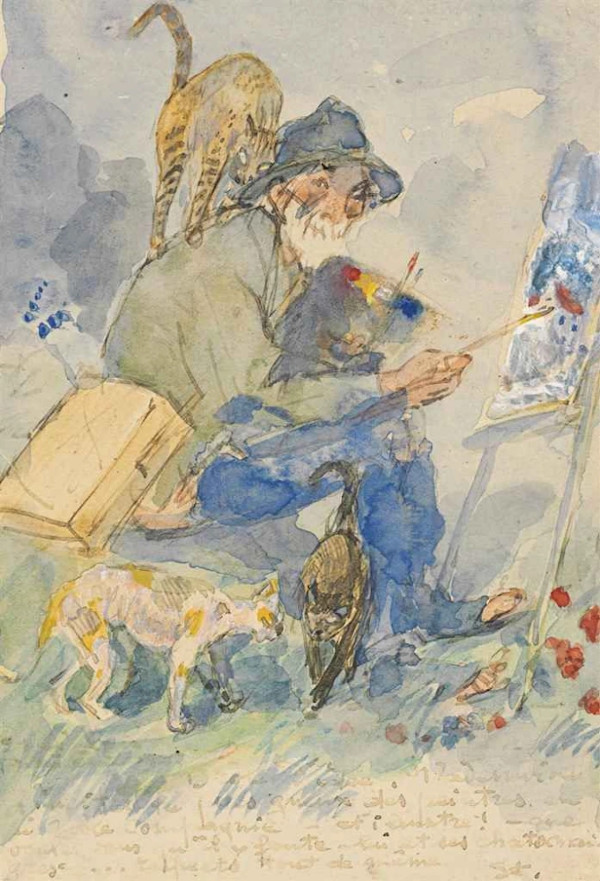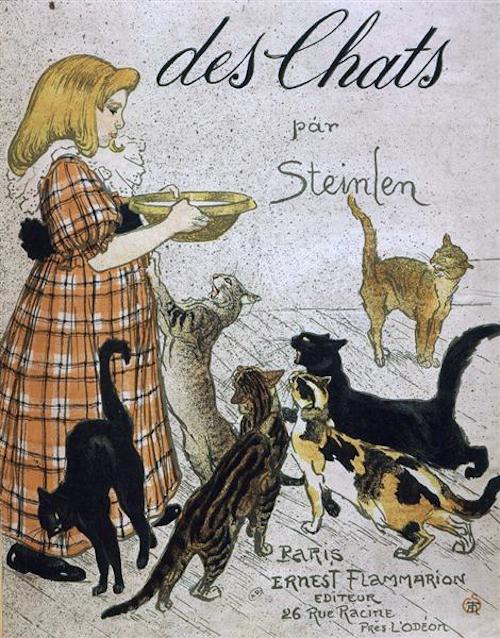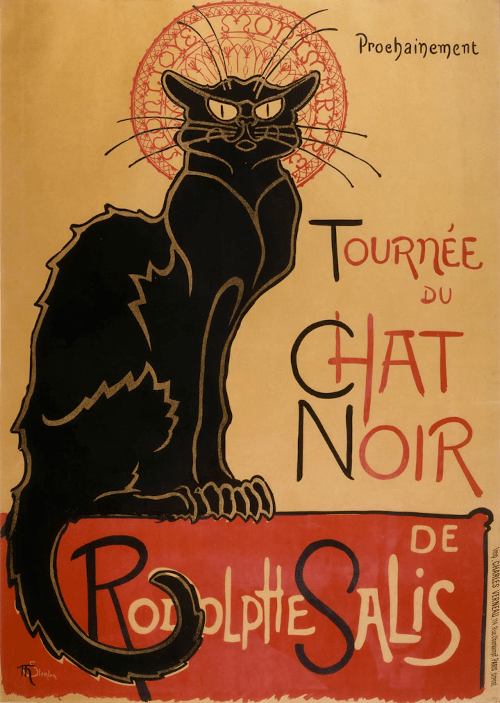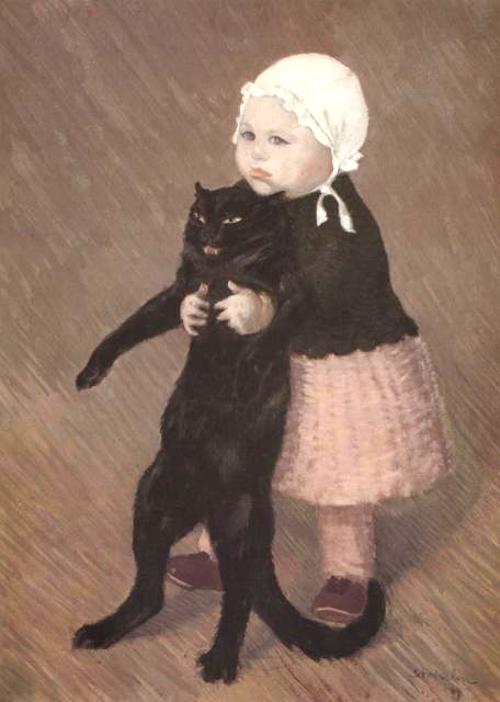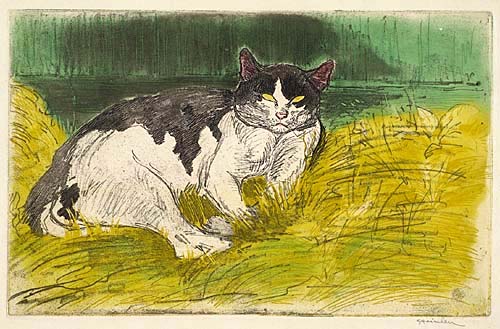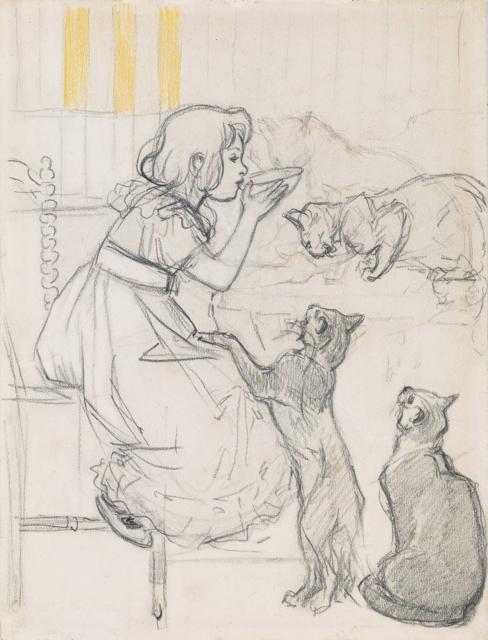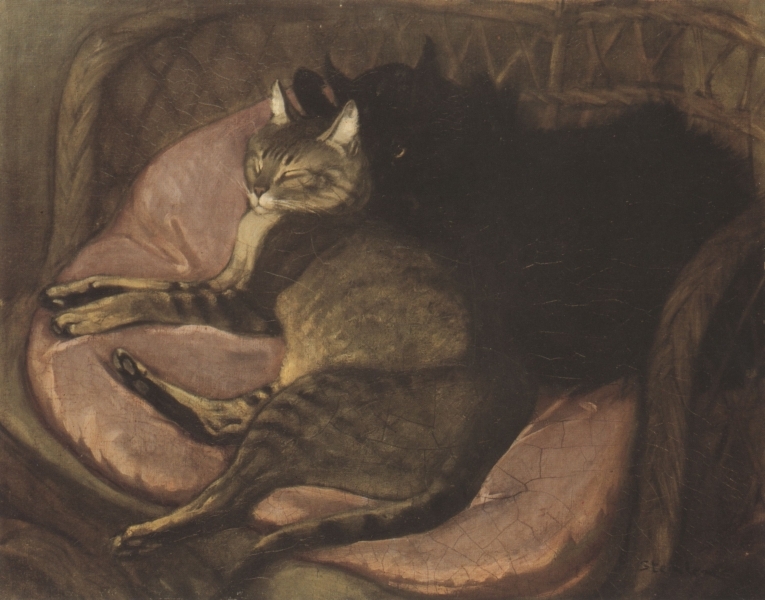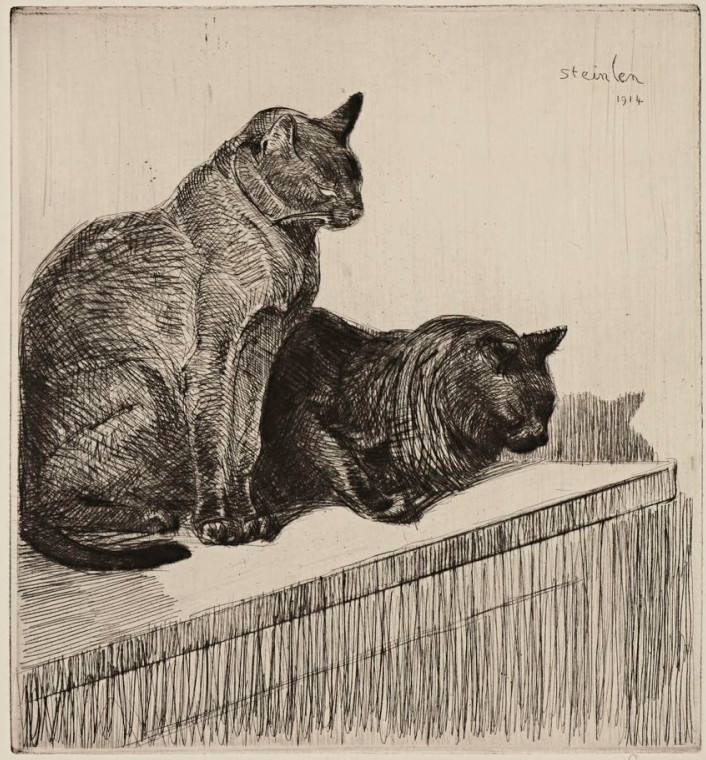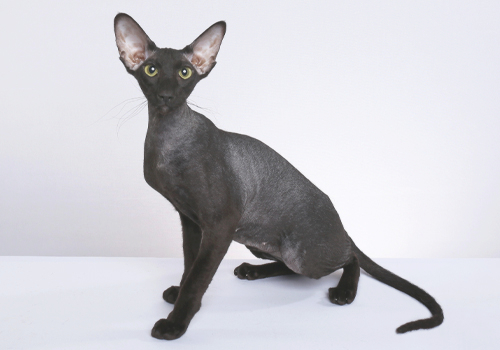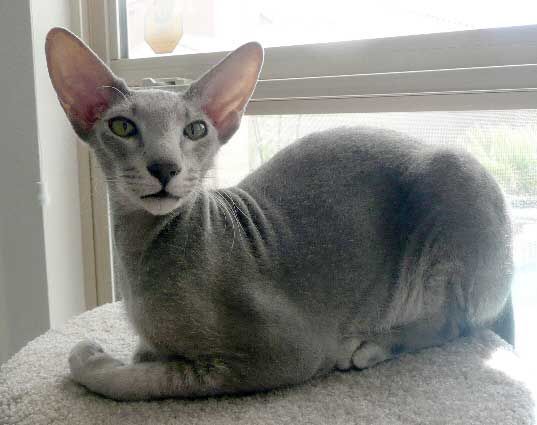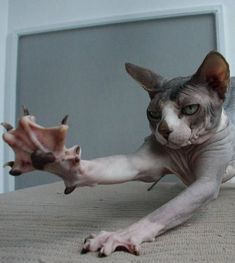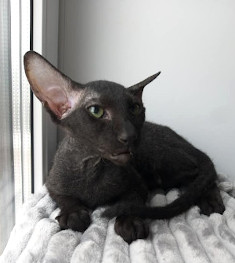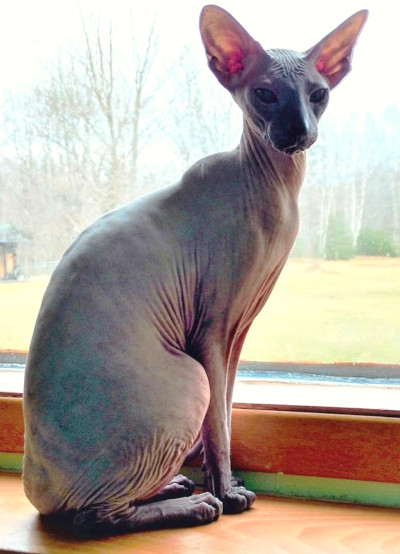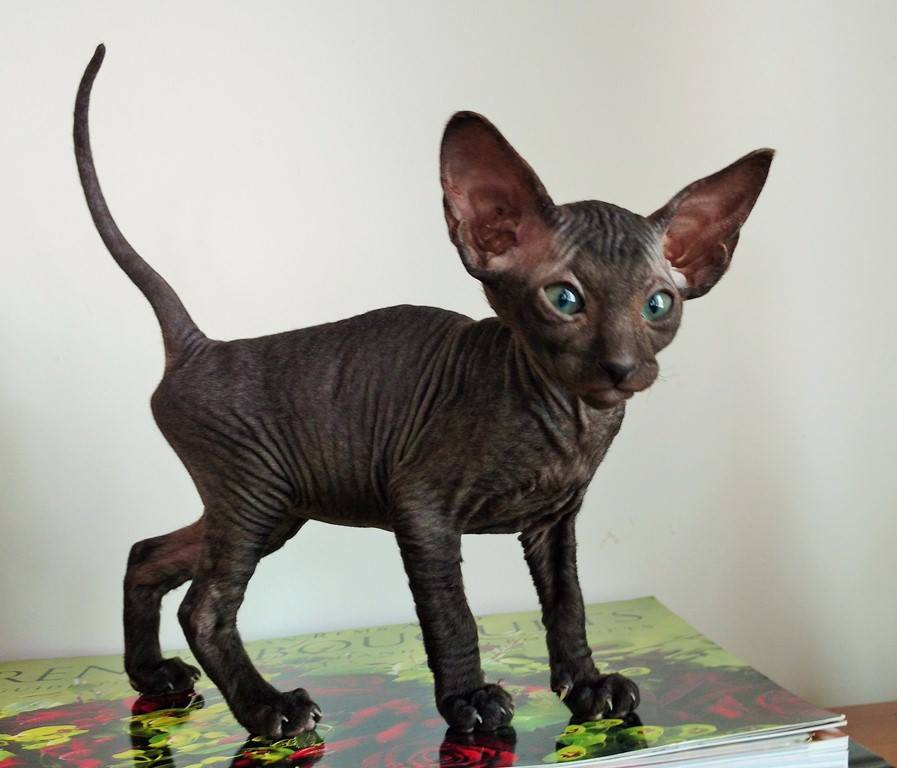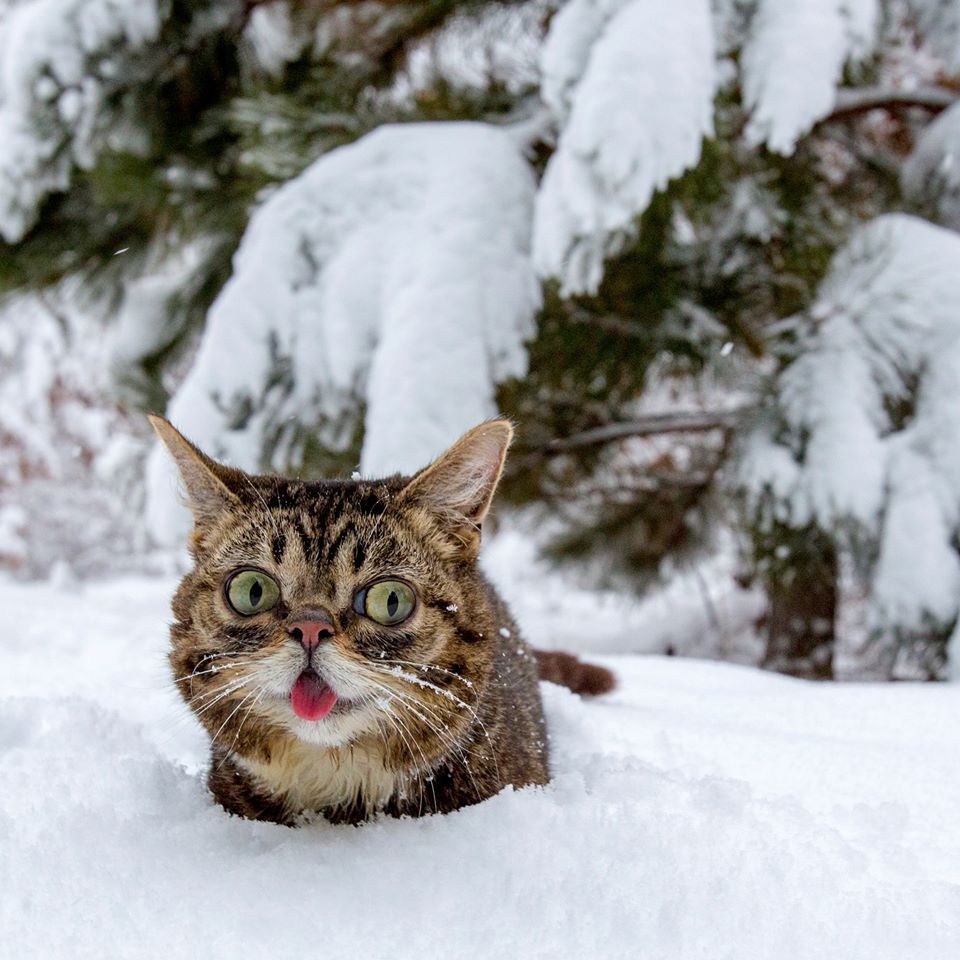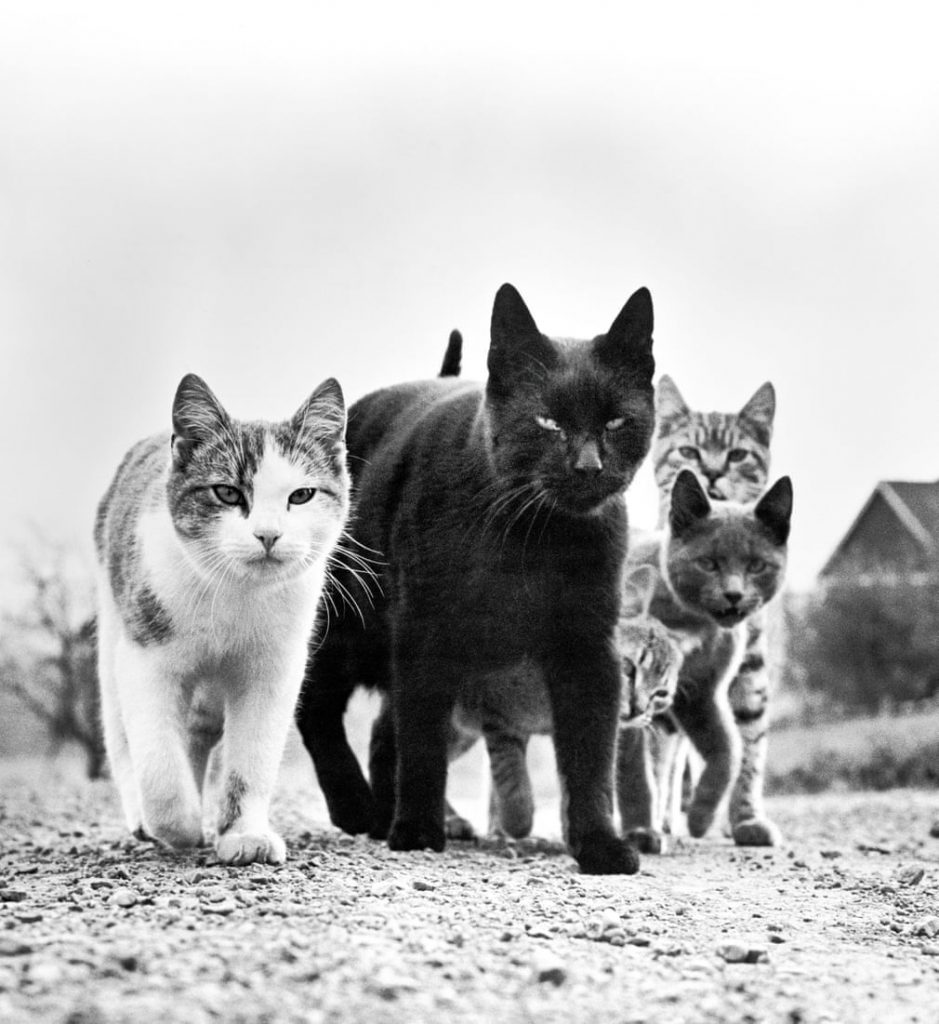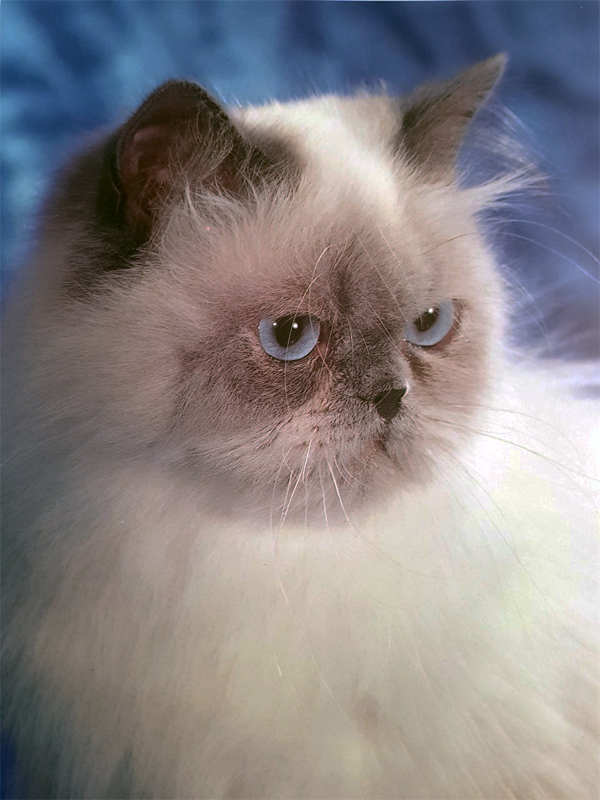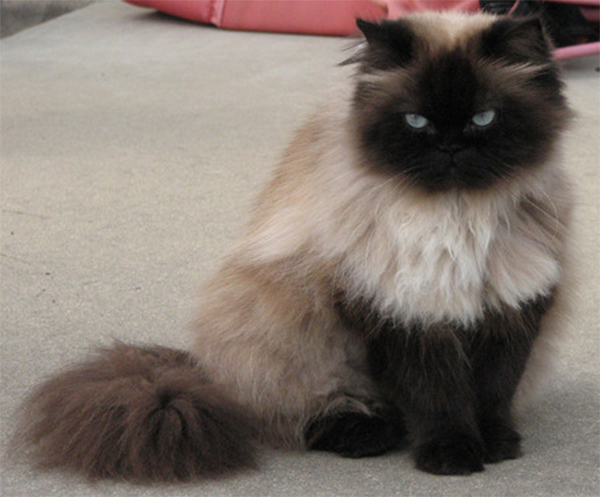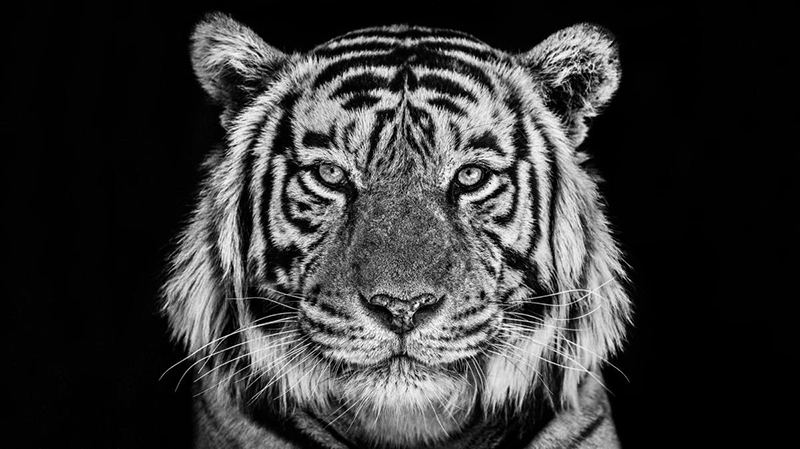Hi Folks and Moggies,
Yes it’s me Oscar. As you may know I help Ed with this blog quite a lot, so have been able to pull a few string to get myself on the front page again this month. I reminded Ed that it’s my birthday this week, and I’m 5 Years Old. Ed said “yes I know you silly puss cat” and proceeeded to open my Birthday Card and fetch me a tasty tin of my favourite fish treat.
When he got back I asked him “as it’s my special week can I please, please, be Cat of the month?”. Ed thought for a bit and then said “…mmmm I’m not sure, Osc you’ve already had that honor bestowed upon you and there are so many brave and beautiful cats to choose from out there, I can’t fit em all in”.

Like a lot of countries at the moment, we are all here in Lockdown in England and it’s been a time of reflection for those humans and for us cats too (oh yes, I’ve been chatting with my pals out the back there as we cats are immune to that bat bug so can get up to all kinds of antics). Anyway, I too have been looking back at things, now that I’ve reached the splendid age of five.
When I was adopted from the Rescue Shelter I was a timid thing who would slink around and jump if anyone even came in the room. Four years on I am still a very shy guy but I do walk with a bit more pride and confidence in myself and my own beauty. I still hate the doorbell with a vengeance and run behind the sofa if it goes off, but luckily it has been quiet since March of this year!
I don’t like to admit it but I’m still not good at handling quick movements of humans at all, even when I know they are around. They still catch me by suprise by just coming into the room and I often cower away as I’m taken aback with a bolt of fear…. I think something happened to me as a kitten, but I can’t now recall what it was these days … well after all I am five now, and it was such a long time ago.
Cat of the Month ~ May 2020
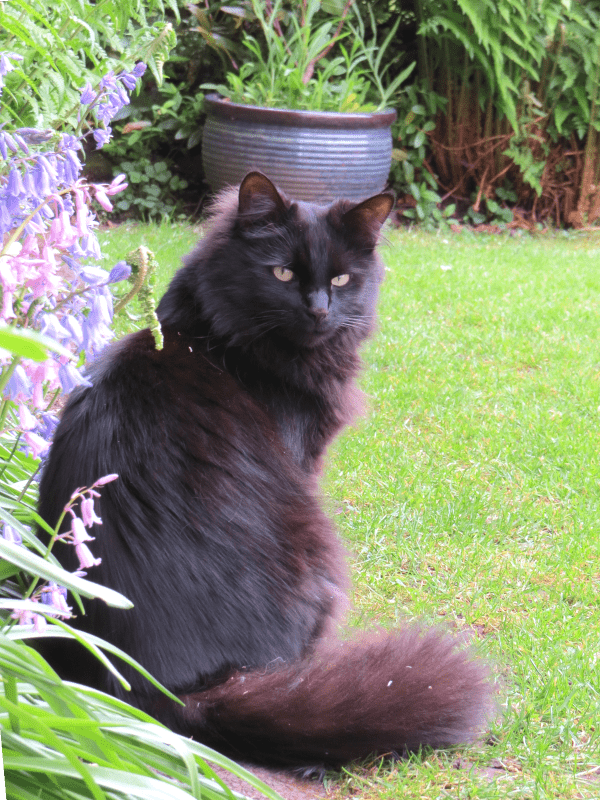
Photograph: Ed, who else
I sincerly hope that all those cats out there in Lockdown are OK, and that humans, if at all possible, can continue to contribute to the good work of cat and animal rescue organisations at this time, when they need it more than ever. After all it’s where I came from, and without these places lots of cats would be in the sour milk for sure. I for one wouldn’t be here. I’va asked my mate Ed to put a link in to one of the charities close to my heart below, so if you can spare a few coppers please? … them cats n’ dogs’ll benefit from it, for sure.
Dear readers, I’ve had a lovely birthday week and am feeling particularly magnamimous at the moment “where did you learn a word like that Osc”, Ed so, please take good care of yourselves in this beautiful month of May and, do as we cats do – hunker down in a nice soft patch and let the days and other creatures go by – with the odd break for scran, stalking, hunting, climbing, exploring and generally putting a nose in where it’s sometimes not wanted
Bye for now, I’m off out in that yard to see what’s going down. Yup, I’m a really cool grown up Cat.
Lots of love,
Osc xxx
These kind folks looked after me for ages, so if you can spare a copper or two….The Animal House Charity, West Midlands
